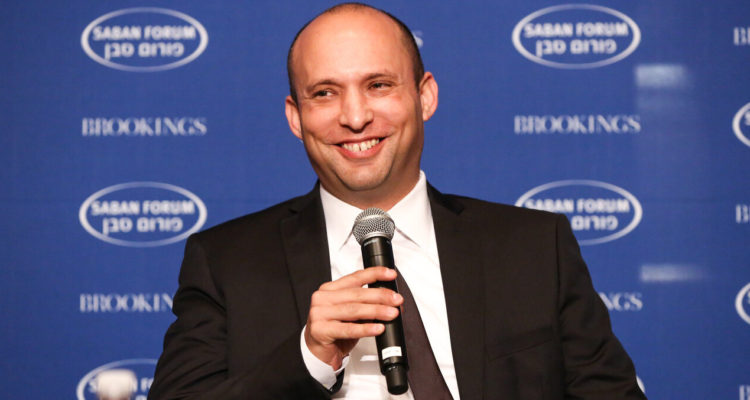On 1 November 2022, Israelis will go to the polls for the fifth time in less than four years. But why the ongoing political stalemate, and is there any hope for a better outcome this time around?
On 30 June, Prime Minister Naftali Bennett instigated an impromptu dissolution of Israel’s Parliament, the Knesset, and in doing so has triggered a new round of elections. Set for 1 November 2022, these will be Israel’s fifth elections in less than four years, and further evidence of the political gridlock the country has been in since 2019. To many outside observers, the repeated failures to form a stable national government have become perplexing. Why the ongoing political stalemate? What, if anything, has changed since the last elections? The answers to these questions are as complex as they are controversial.
The breaking point resulted from a trap set for the government by the country’s right-wing opposition. Putting off its nationalist tenets, the opposition blocked a routine extension of the regulations which apply Israeli laws to Jewish settlers in the occupied West bank. Unable to secure support from Palestinian Members of Knesset (MKs) in the coalition for the discriminatory legal system, Bennett could not pass the motion. Fearing a second failure and ensuing damaging repercussions, he chose to fall on his sword rather than hand the credit for the toppling of the government to the leader of the opposition, former prime minister Benyamin (Bibi) Netanyahu.
Read the article by Dr Eyal Mayroz in the Australian Institute of International Affairs.

